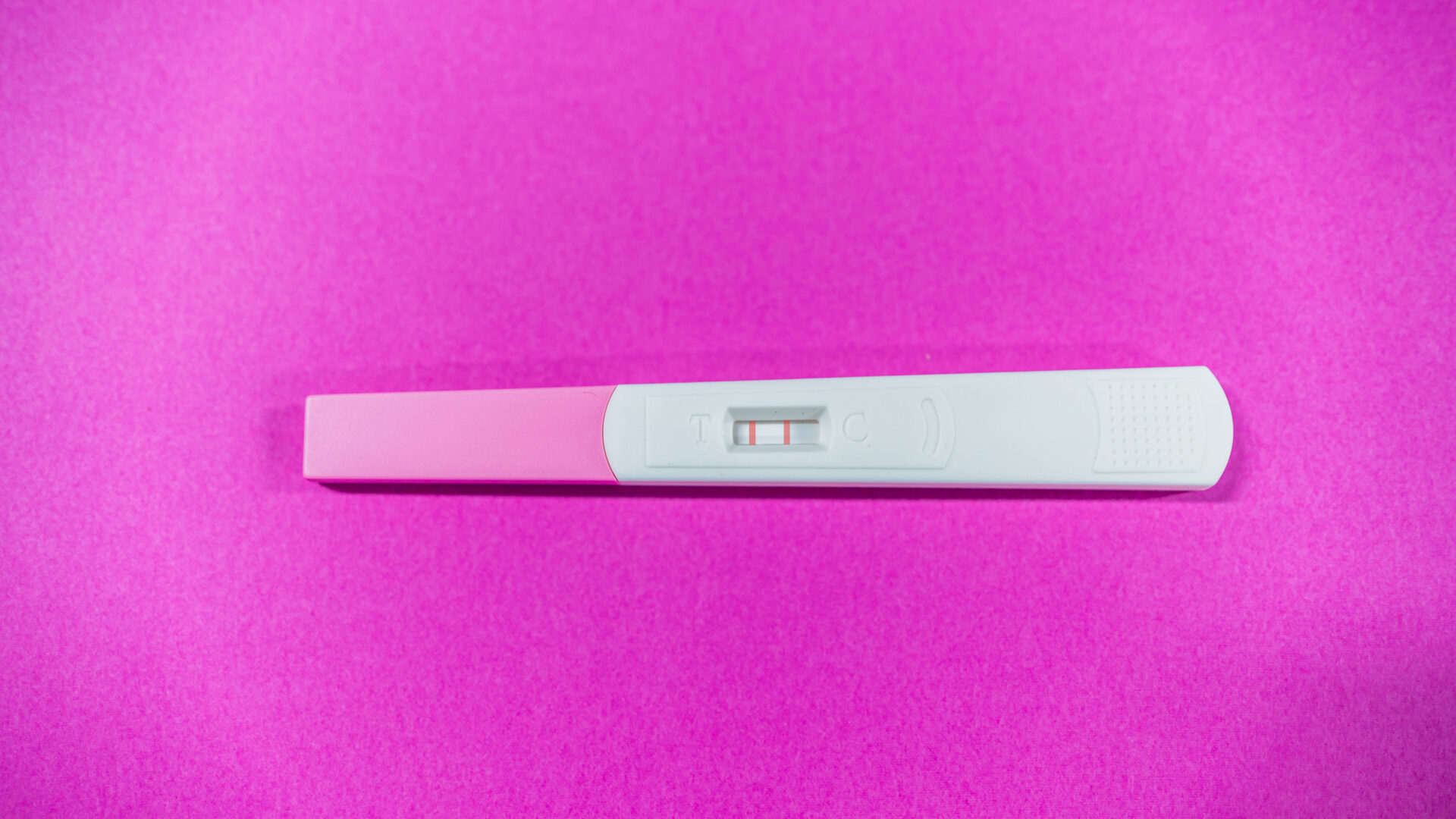
Welcome back to Ask GU, and we’re in for a special treat as we celebrate Black Maternal Health Week. We bring you the first installment of our editorial series: Mutha Moments. We’re putting a Zillennial spin on what motherhood entails, from new birthing experiences to the layers of motherhood through a Gen Z lens. As we dive into different aspects of what makes a Mutha, we’re excited to bring new information to the timeline through unique storytelling.
For this week’s Ask GU, we’re answering all questions on what to do after a positive pregnancy test with expert Dr. Peggy Roberts. Being a Zillennial can still feel new, especially when experiencing pregnancy and knowing what steps to take after seeing the plus sign on your pregnancy test. Roberts is committed to addressing women’s unique healthcare needs and is a beacon of hope for young women.
GU: What are the options to look at after having a positive pregnancy test?
Roberts: After receiving a positive pregnancy test result, it’s crucial to take a moment to acknowledge and process your emotions. It’s recommended to promptly schedule an appointment with your healthcare provider to confirm the pregnancy.
GU: How soon should you tell someone?
Roberts: It’s advisable to announce your pregnancy at your own pace and with your chosen people. There’s no set timeline for sharing such news; it’s entirely up to you to decide when it feels right and who you want to share it with.
GU: What if someone is unsure about becoming a parent?
Roberts: Feeling uncertain about parenthood is common. Parenthood is not a decision to be taken lightly. Take time to reflect on your options and consider what parenting entails. Discuss your thoughts with your partner or a trusted support individual for insight. If you’re considering pregnancy interruption, it’s important to schedule an appointment with your healthcare provider to explore your options further.
GU: Is there anything specific someone should discuss with their partner or support system about the pregnancy?
Roberts: It’s vital to openly communicate your emotions regarding your pregnancy. Share any symptoms or worries you may be experiencing. Encourage your partner or support network to join you for prenatal appointments to provide assistance and moral support.
GU: How can someone best care for their emotional and mental health during pregnancy?
Roberts: Maintaining good mental health during pregnancy is essential. Seeking guidance from a behavioral health specialist can be invaluable in nurturing your emotional and mental well-being throughout this journey.
About the Author: Kenyatta Victoria is the lead writer for Essence GU, working on all things pop culture, politics, entertainment and business. Throughout her time at GU, she’s garnered devoted readers and specializes in the Zillennial point of view.